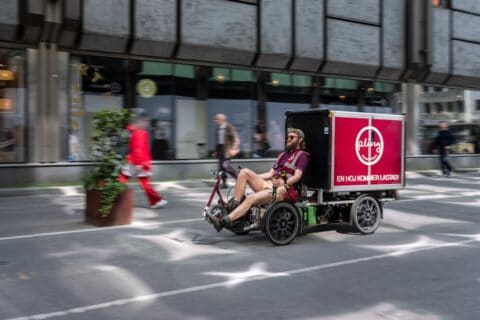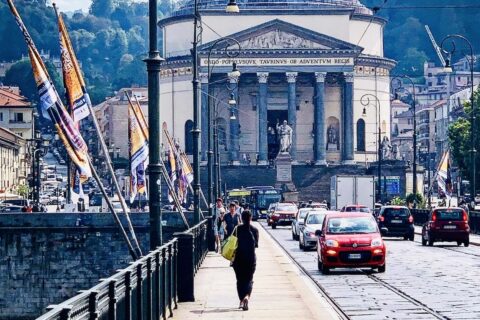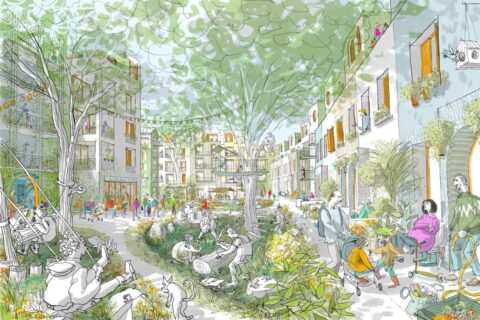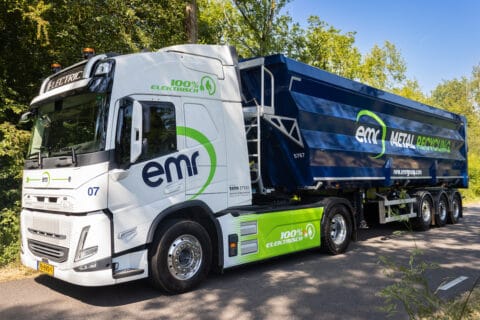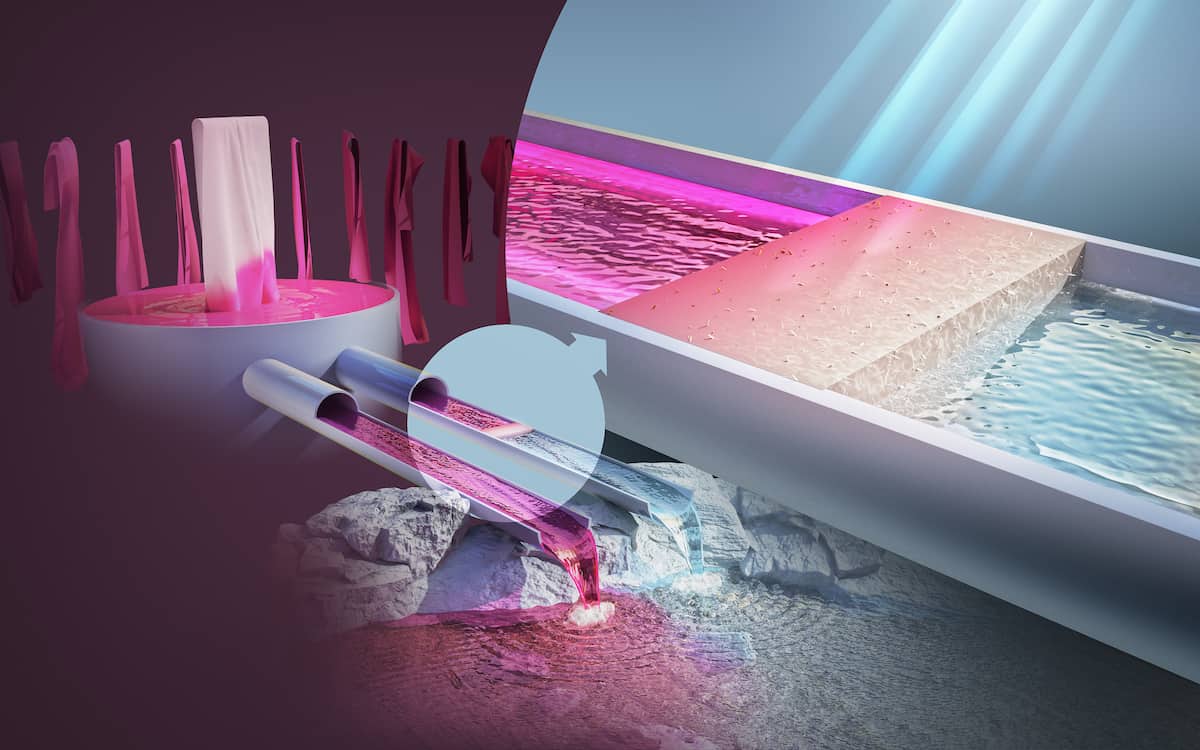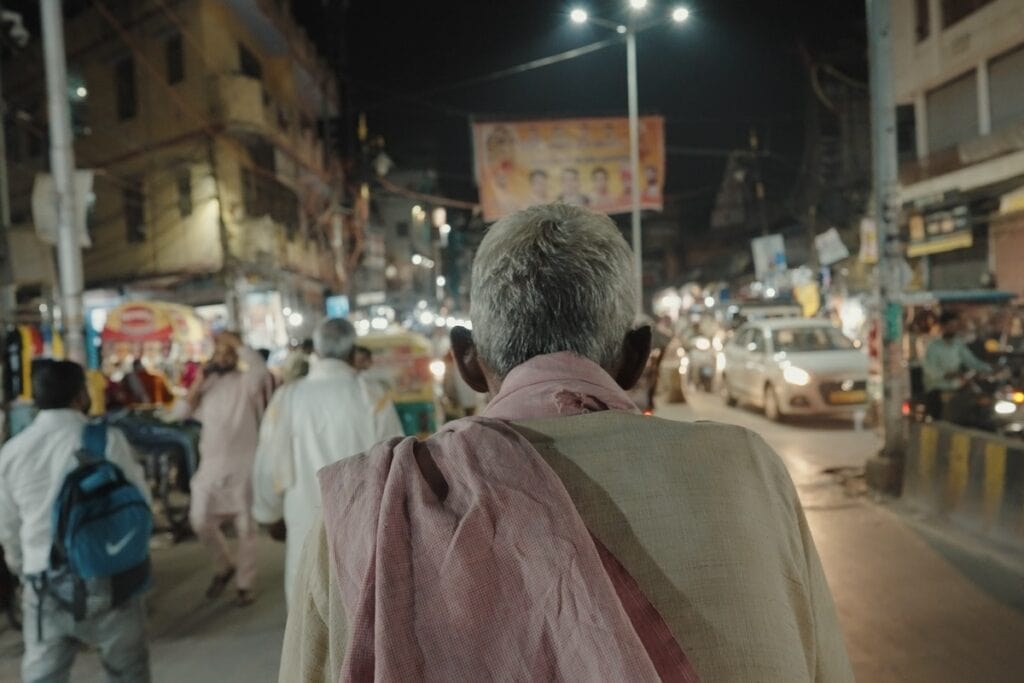
The city of Varanasi, in India, invites pioneering innovators from around the world to help develop crowd management solutions for its ancient spiritual centre of Kashi, a popular pilgrimage destination.
As part of the Toyota Mobility Foundation’s $9m Sustainable Cities Challenge, the call is looking for data-driven ways to help Varanasi better manage the growing influx of annual visitors, whilst making the city more accessible for tourists and local residents, particularly older people and those with disabilities.
Chosen as one of three host cities for the overall Challenge programme — alongside Detroit in the USA and Venice in Italy — Varanasi will have access to a $3M share of the funding.
The Innovating Crowd Flow Challenge has been designed by the city of Varanasi, alongside Toyota Mobility Foundation (TMF), supported by Challenge Works and World Resources Institute (WRI).
Companies offering solutions that integrate elements of artificial intelligence (AI), urban design, data analytics, behavioural and crowd science are invited to apply by September 5, 2024.
Spiritual capital on the banks of the Ganges
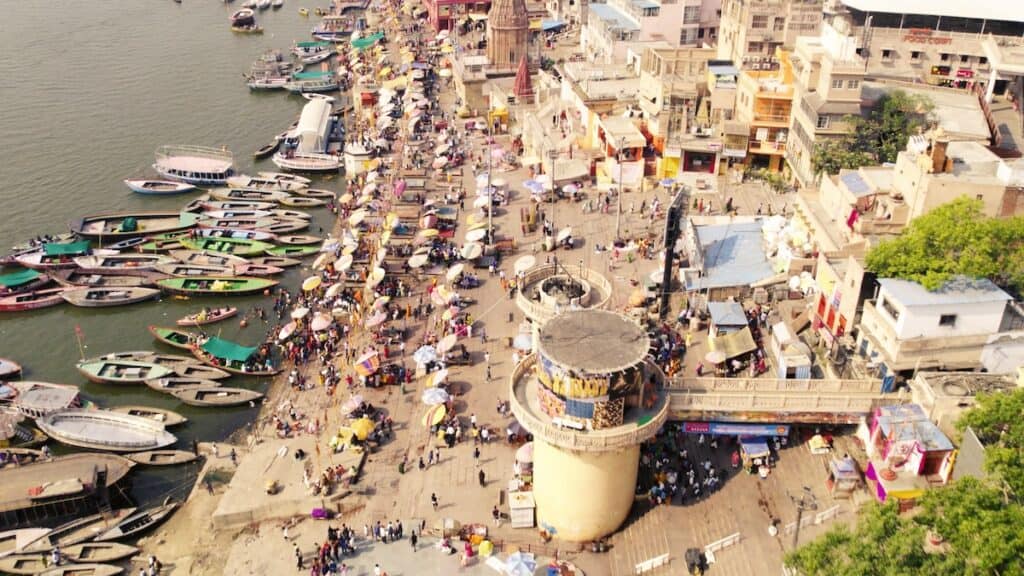
Located on the banks of the Ganges River in northern India, Varanasi is widely known as the ‘spiritual capital’ of the nation. The old city of Kashi within Varanasi is one of India’s most important pilgrimage sites, with millions of people visiting every year for religious and cultural reasons.
The inflow of tourists, however, when coupled with the city’s narrow, winding lanes and dense urban fabric, raises potential questions around safety and overcrowding.
Previous reports have suggested Varanasi attracted around 70 million visitors, which explains the need to enhance safety and accessibility, especially as most tourists are middle-aged and elderly people.
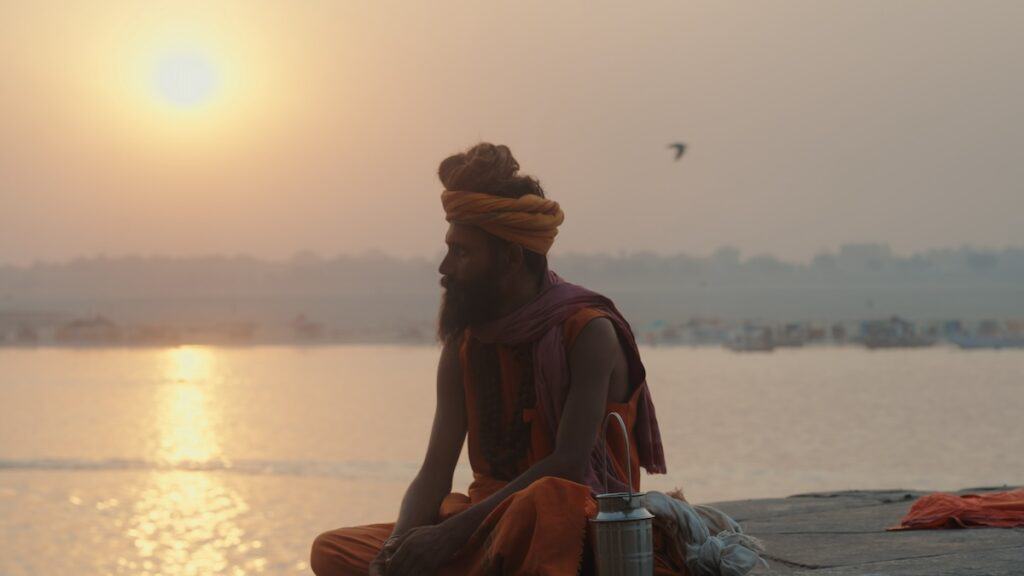
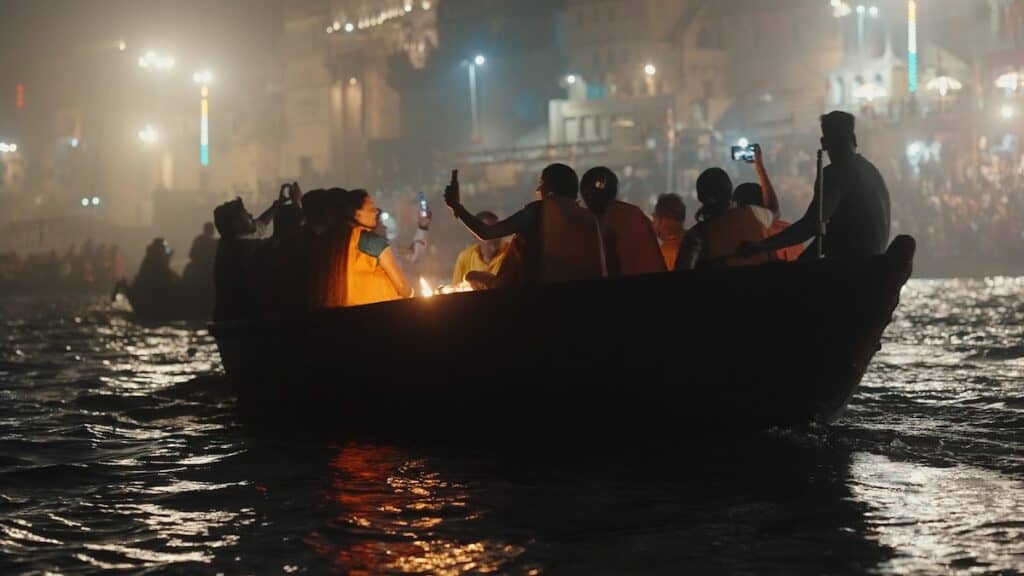
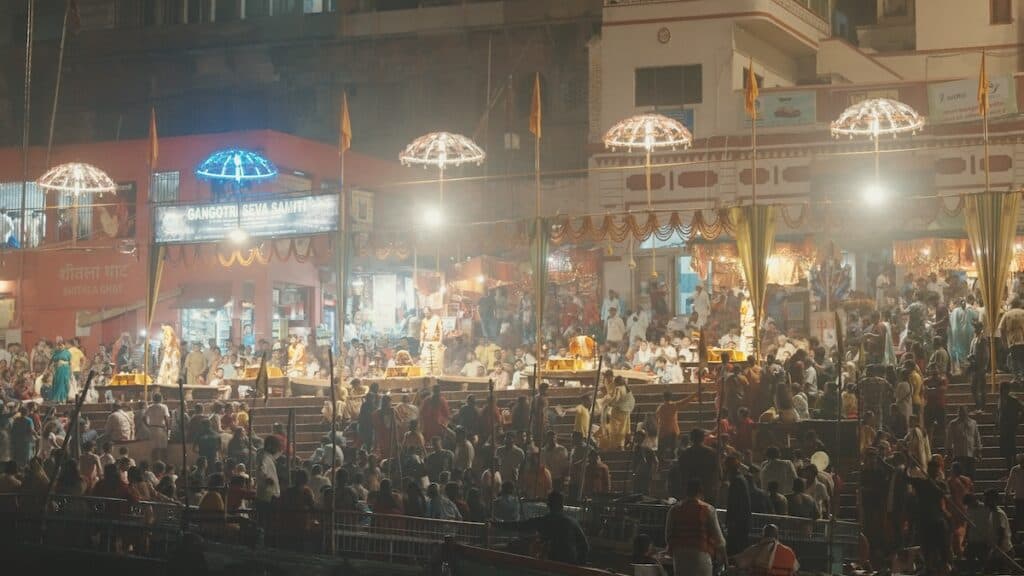
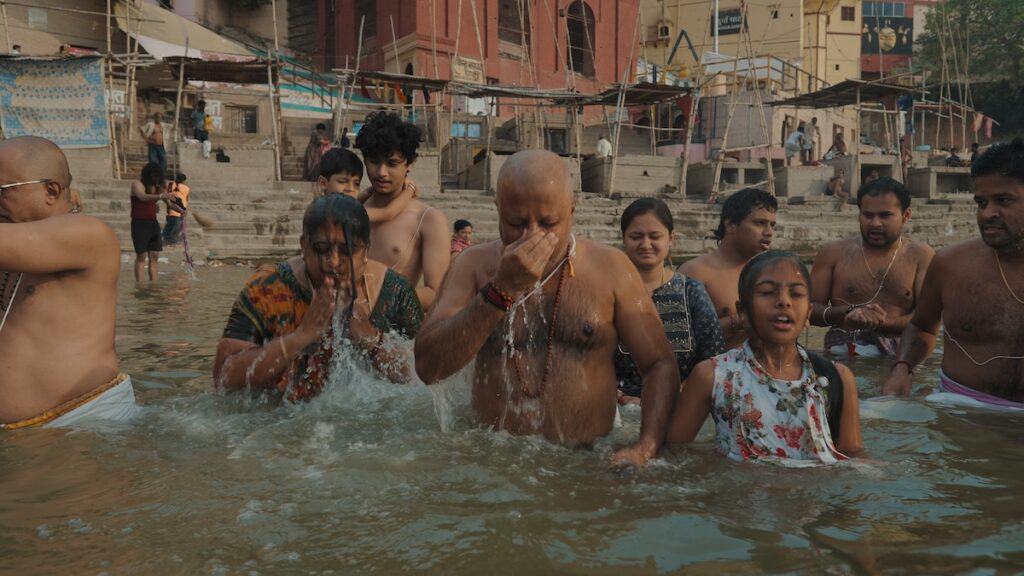
Scale is an issue, says Kathy Nothstine, Director of Cities and Societies at Challenge Works:
“As an important site of pilgrimage, the population of Varanasi grows exponentially throughout the year as people come to visit. This presents challenges for the city.”
There is also an opportunity for the city, though, suggests Pawan Mulukutla, Executive Director of Integrated Transport, Clean Air & Hydrogen, Sustainable Cities and Transport, WRI India:
“In 2022, Varanasi’s floating population was estimated to be 35 times its local population. By strategic interventions and effective crowd management measures, the thriving heritage city of Varanasi can become a torchbearer of sustainable mobility for other tourist destinations globally.“
Data-driven and user-centred solutions
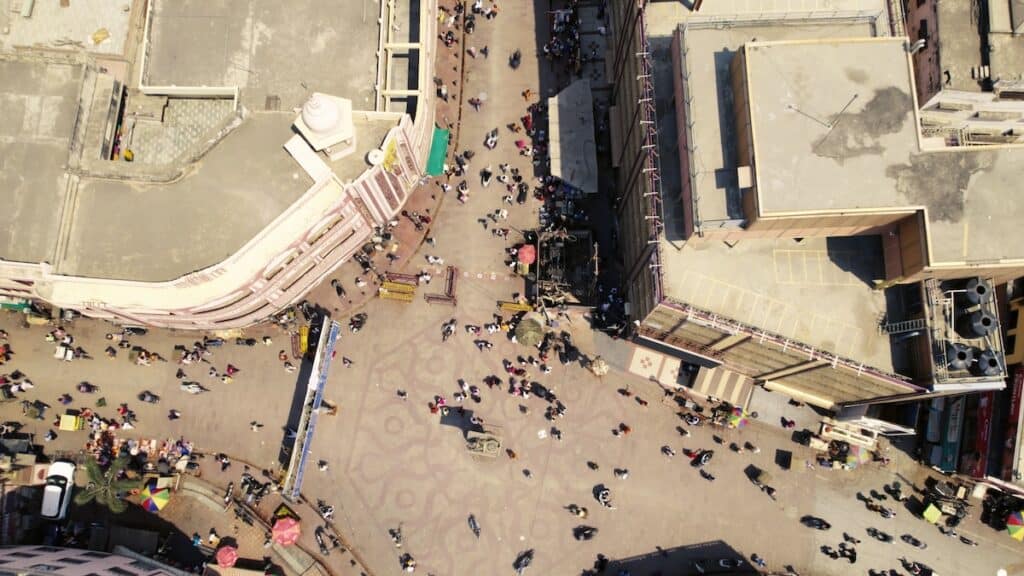
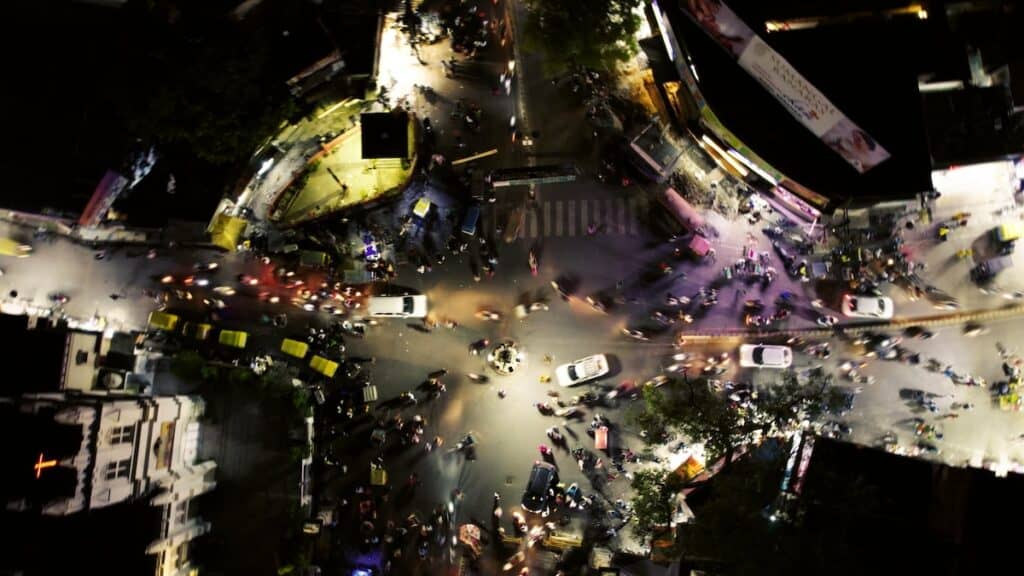
As part of the Sustainable Cities Challenge, Varanasi is inviting innovators from around the world to develop innovative data-driven and user-centred crowd management solutions that make it easier to accommodate its visitors and make the city safer and more accessible for both residents and visitors alike.
Leveraging technology, data analytics, urban design, behavioral psychology, and crowd science, can provide insights into crowd dynamics and flow, enabling better crowd management and reduced congestion.
In addition to a share of $3M implementation grant funding, challenge participants will gain exclusive insights into the workings of this historic city and a real-world understanding of user-centred design.
Open to ideas, Akshat Verma IAS, Municipal Commissioner, Varanasi Municipal Corporation said:
“We look forward to working with emerging innovators from around the world and hope that this challenge will help us identify technologies and solutions that will benefit citizens, pilgrims and tourists of Varanasi.“
Implementation funding to scale ideas further
Applications for the Varanasi Challenge will remain open until the 5th of September. Up to 10 semi-finalists will be selected in November 2024 and receive a grant of $50,000 each.
Companies will have the opportunity to directly engage with city leaders, end users, and beneficiaries to customise their solutions and demonstrate them on-ground in the city.
In May 2025, up to five finalists will be granted $130,000 each to test their proposals in a larger area of the city over an extended period to assess their impact and further customise their solutions.
Finally, in March 2026, up to three winners will be selected to share final implementation funding of $1.5M to further scale their solutions in the city.
The Challenge will attract ideas from across a global community to help discover and test solutions that are deliverable, says Pras Ganesh, Executive Program Director, Toyota Mobility Foundation:
“We are truly looking forward to working with Varanasi on their City Challenge and seeing how innovators from around the world can deliver mobility solutions in this historic and holy city.”
The Varanasi Challenge also resonates with the Toyota corporate mission of Mass Happiness, adds Vikram Gulati, Country Head and EVP for Corporate Affairs and Governance, Toyota Kirloskar Motor:
“We at Toyota are constantly working towards creating Mobility for All. This project promises to scientifically and systematically streamline the unique mobility needs of the magnificent city of Varanasi.”
From Varanasi, to Detroit and Venice
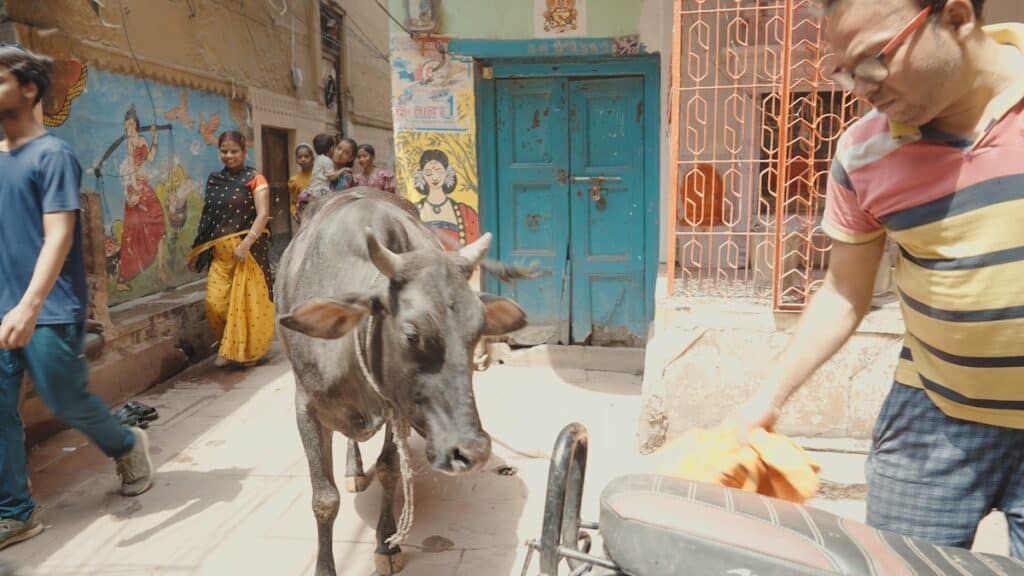
Varanasi is one of three cities to host challenges, alongside Detroit, USA and Venice, Italy. Over 150 cities from 46 countries around the world entered the challenge after it was first launched in June 2023.
Once known as the ‘Motor City,’ Detroit, Michigan, is looking to become a ‘Mobility City,’ seeking innovators who can help the city deploy clean and cost-effective mobility solutions as part of its transition.
The Transforming Freight Challenge is focused on Eastern Market, the nation’s largest food production and distribution centre. A growing residential and commercial presence means the city seeks solutions that tackle congestion and pollution caused by freight, to improve the community health and wellbeing.
By contrast, Venice is often pictured solely as a historic city, famous for its intricate network of canals. In reality, most of the population lives and works in mainland suburbs such as Mestre, Maghera, and other motorised islands, which serve as a crucial transportation hub connecting Venice to the mainland.
With a mobility landscape that is truly multi-modal, including land and water transport, the city has invested significantly in sustainable mobility infrastructure and services.
For its Embracing Sustainable Mobility City Challenge, Venice is calling for innovative solutions that shift behaviour, encouraging an increased use and adoption of existing sustainable transport modes.
Global collaboration seeking city solutions
The Toyota Mobility Foundation (TMF) was established in August 2014 by the Toyota Motor Corporation (Toyota) to support the development of a more mobile society in which everyone can move freely.
The Foundation utilises Toyota’s expertise and technologies to support strong mobility systems while eliminating disparities. TMF works in partnership with universities, governments, non-profits, research institutions and other organisations, creating programmes that are aligned with the UN Sustainable Development Goals (SDGs) to address mobility issues around the world.
In the past, TMF has led a range of Challenges, including the global Mobility Unlimited Challenge, CATCH in Malaysia, InoveMob Challenge in Brazil and STAMP Challenge in India.
Challenge Works is a global leader in the design and delivery of open innovation challenges that incentivise diverse innovative thinkers to solve pressing problems and unlock change.
The most promising solutions are rewarded with seed funding and expert support, and the innovation that is the best or quickest to solve the problem wins the grand prize. This approach levels the playing field for innovators from any background or experience to apply their ingenuity for societal impact.
Founded by Nesta, the UK’s innovation foundation for social good, they are a social enterprise that has delivered 87 challenges to date and distributed more than £124M to winning innovators.
World Resources Institute (WRI) is a global research organisation with offices in Brazil, China, Colombia, India, Indonesia, Mexico and the United States, plus regional offices for Africa and Europe. WRI’s 1,900 staff work with partners to develop practical solutions that improve people’s lives and ensure nature can thrive.
Further Reading:
- More about the Toyota Mobility Foundation’s $9m Sustainable Cities Challenge;
- More on Toyota Mobility Foundation (TMF);
- More on Challenge Works; and World Resources Institute (WRI);
- More on the TMF Innovating Crowd Flow Challenge in Varanasi;
- More on the TMF Transforming Freight Challenge in Detroit;
- More on the TMF Embracing Sustainable Mobility City Challenge in Venice;
- Also on SustMeme, Mobility Hotel drives urban green agenda;
- Also on SustMeme, Call for tech-driven proposals for resilient cities (IBM);
- Also on SustMeme, How regenerative tourism can become a green swan (Guest Blog);
- Also on SustMeme, Toolbox for urban decarbonisation and resilience;
- Also on SustMeme, Vehicle-to-Everything tech hits the road in smart-city Georgia;
- Also on SustMeme, Digital twin to help State of New Mexico go carbon neutral;
- Also on SustMeme, Call to use urban car space to walk and cycle post-COVID;
- Also on SustMeme, Which are the greenest cities in the UK? (2020)
Check out the full archive of stories on the SustMeme Built Environment Channel, Sponsored by Mitsubishi Electric Living Environmental Systems UK.


